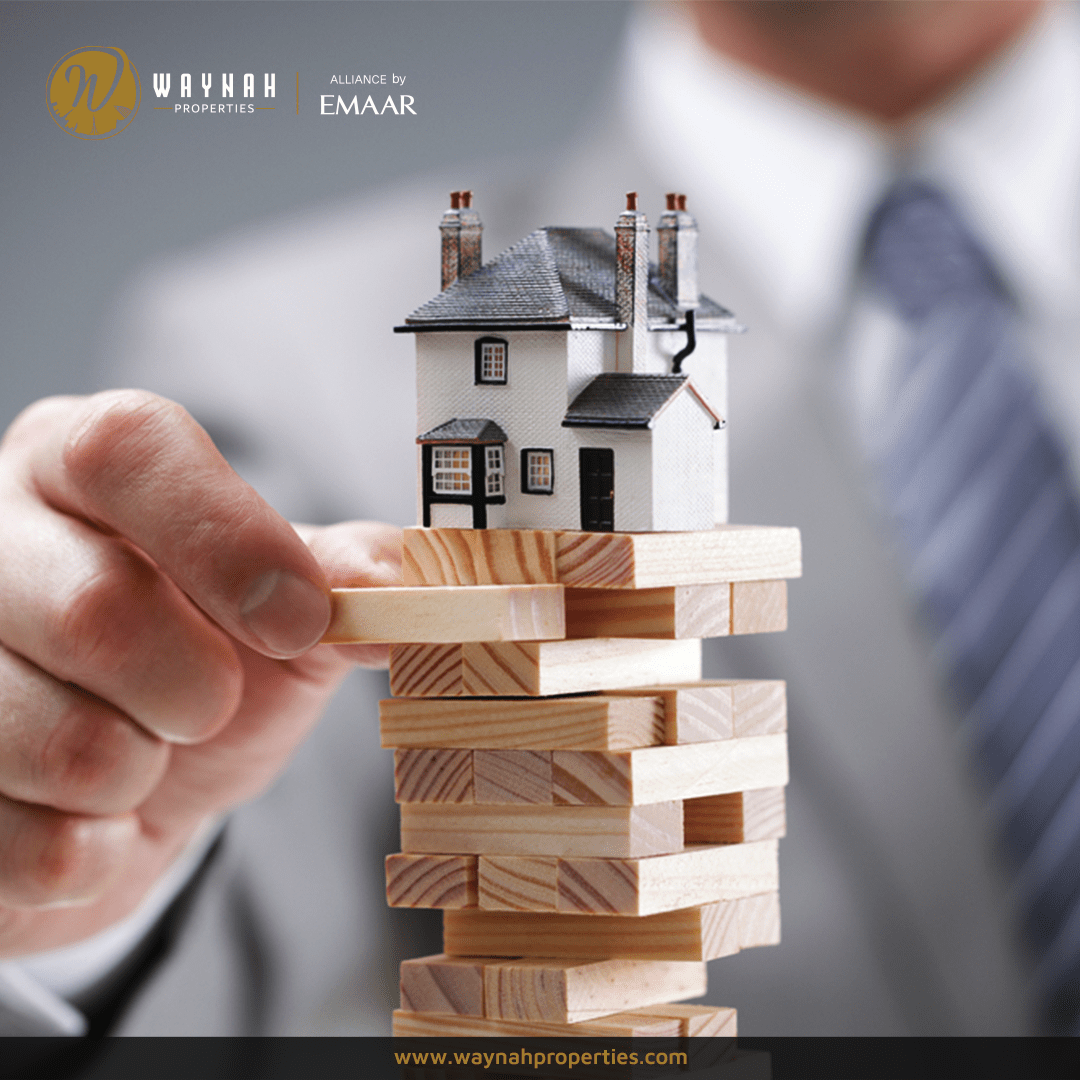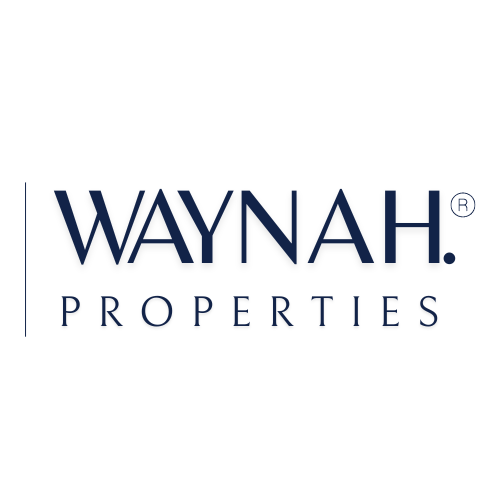In order to discuss the pros and cons of buying a foreclosure, it’s important to first define what foreclosure is. Foreclosure refers to the legal process through which a bank or lender takes possession of a home that the homeowner has defaulted on the payments for. This process can be lengthy and involves the bank taking ownership of the home before selling it at auction.
Although foreclosure typically occurs when a homeowner has failed to make mortgage payments, it can also happen for other reasons, such as unpaid property taxes. The foreclosure process can be categorized into two types: judicial and nonjudicial. The process and timeline for each type are specific to the state and federal laws, as well as the terms outlined in the homeowner’s mortgage documents.
Foreclosure has three distinct stages that buyers should be aware of: pre-foreclosure, auction, and post-foreclosure. A home can be purchased during any of these stages. If you purchase during the pre-foreclosure period, you are buying from a homeowner who is struggling to avoid foreclosure.
However, if you purchase during the auction or post-foreclosure stages, you will be dealing with a bank that has taken possession of the property after the homeowner defaulted on their mortgage.
The location of the home, the reason for foreclosure, and the stage of the foreclosure process can all impact the buyer’s experience. These factors can affect the homeowner’s rights and may create potential complications during the sale.
Reasons for Foreclosure
There are several reasons why homeowners may fall into foreclosure. One of the most prevalent reasons is a loss of employment or decrease in wages. In fact, a survey conducted on homeowners facing foreclosure revealed that 54% of respondents attributed their inability to make mortgage payments to a reduction of income or unemployment.
Homeowners can also fall behind on their mortgages due to reasons such as illness, excessive financial obligations or debts, and marital problems. Additionally, a significant proportion of homeowners who face foreclosure belong to the low- to moderate-income category. This makes a job loss or reduction in income even more difficult to manage.
Pros And Cons Of Buying A Foreclosure
Before jumping in and placing an offer on a foreclosed home, it’s important to take some time to carefully evaluate both the advantages and drawbacks of this type of purchase.
Pros Of Buying A Foreclosed Home
1. Lower Price
In most cases, foreclosed homes are priced lower than similar properties that are not in foreclosure. This is because lenders are motivated to recoup their losses and will typically price the property in a competitive manner.
2. Good Mortgage Options
When it comes to purchasing a foreclosed home, it’s possible to seek traditional mortgage financing, similar to the process of purchasing a non-foreclosed home.
3. Bargaining Power
In cases where the seller is not underwater on their mortgage, they may be eager to achieve a quick sale and may be willing to make repairs or offer price concessions. Alternatively, if it is a short sale, the purchase price will be less than what the seller owes on their mortgage.
In such cases, both the seller and the lender may be motivated to avoid foreclosure and may offer concessions on the price. For further information on purchasing a short sale property, please refer to our article on the topic.
4. Potential Investment Opportunity
By purchasing a foreclosed property and investing in its rehabilitation, you can potentially increase the home’s value and obtain instant equity. If you’re an investor seeking to purchase, improve and then sell the property, you may be able to realize a substantial return on your investment, particularly if the right upgrades are made.
5. Condition And Title Knowledge
As part of the sale process, the seller is required to provide a comprehensive history of the property’s condition. Once the buyer is satisfied with the information provided, they can proceed with conducting customary title searches and obtaining the necessary inspections during the standard due diligence contingency period.
6. Financing Flexibility
Buyers have the option to utilize traditional mortgage financing, and in some cases, sellers may be open to negotiating alternative financing arrangements such as lease-purchase agreements or mortgage assumption.
Cons Of Buying A Foreclosed Home
1. You Need To Move Quickly
Due to the urgency of banks and lenders to sell foreclosed properties, homes are typically sold to the first qualified buyer who expresses interest. As such, if you are interested in a foreclosed property, you must act quickly as they will not wait for the best offer. It’s important to note that bidding wars are not typical in the purchase of foreclosed homes.
2. Lack Of Certainty And Timeframe
Sellers of foreclosed homes may withdraw from the transaction if their financial circumstances improve. The negotiation process with lenders can also be time-consuming and may result in a failed sale. Additionally, the seller may face challenges in finding alternative housing options after vacating the property.
3. The Property Might Need Several Repairs
Foreclosed homes typically require significant repairs and maintenance due to extended periods of vacancy, inadequate upkeep by the previous homeowner, or even damage caused by the previous occupants.
The condition of the foreclosed property may be deteriorated, with missing appliances and essential fixtures for certain systems. The buyer would be responsible for making the necessary repairs and modifications at their own expense after the escrow closes.
4. You Might Not See or Inspect the Home Before Buying
Typically, foreclosed properties are sold in “as-is” condition, which means that the buyer accepts the property in its current state. It may not be possible to visit the property or have it inspected before making an offer, which could deter some potential buyers.
5. You May Need a Large Amount of Cash
Purchasing a foreclosed home often requires a significant upfront cash investment, particularly if you’re buying it at an auction. Many auctions mandate cash bids. However, even if you’re not participating in an auction, financing options may still be limited unless you have good credit.
Consider both the advantages and disadvantages before purchasing a foreclosed property. Although it can offer significant savings, there are also several risks to be aware of. Be prepared for potential repair expenses and thoroughly research the property before making a decision.
In situations where it may not be possible to tour or inspect the home, reviewing property records and driving by the property could be helpful alternatives.
Finally, Consider hiring a trustworthy real estate agent or an attorney to assist you throughout the buying process. They can guide you in the right direction and provide essential advice to ensure you’re well-informed and well-protected.

